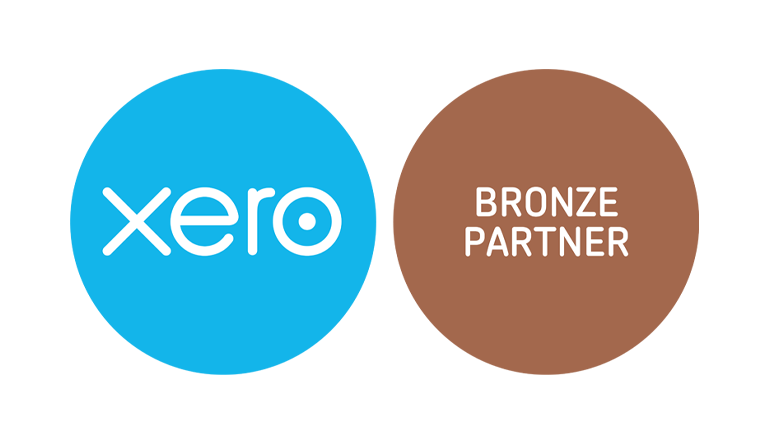
Cash vs invoice based VAT
Understanding how VAT (Value Added Tax) works is essential for businesses operating in the UK. Choosing between the cash-based and invoiced-based VAT accounting methods can significantly impact cash flow, reporting, and compliance. In this article, we’ll explore the differences between the two methods, the thresholds to consider, and other important factors to help you make an informed decision.
What Are Cash and Invoiced-Based VAT?
- Cash-Based VAT Accounting
- Under this method, you account for VAT based on when you receive payments from customers and when you pay suppliers.
- This approach is ideal for businesses that face cash flow challenges or have extended payment terms with clients.
- Invoiced-Based VAT Accounting
- Also known as the accrual method, you account for VAT when you issue or receive an invoice, regardless of when payment is made.
- This method is standard and often suits businesses with steady cash flow or those required to adhere to stricter accounting standards.
Thresholds to Consider
- VAT Registration Threshold: If your business’s taxable turnover exceeds £90,000, you must register for VAT. Once registered, you’ll need to choose an accounting method.
- Cash Accounting Scheme Eligibility: Businesses with annual taxable turnover of up to £1.35 million can opt for the cash accounting scheme. If your turnover exceeds this limit, you’ll need to switch to the invoiced-based method.
Benefits of Each Method
Cash-Based VAT
- Improved Cash Flow: You only pay VAT once you receive payment from customers, reducing strain on your finances.
- Simplicity: Easier to manage for businesses with irregular income or delayed payments.
- Risk Mitigation: Avoid paying VAT on bad debts (unpaid invoices).
Invoiced-Based VAT
- Accurate Reporting: Better alignment with your overall financial records and tax obligations.
- Claim Input VAT Promptly: You can reclaim VAT on purchases immediately, even if you haven’t paid the supplier yet.
- Standard Requirement: Preferred for businesses dealing with larger clients who expect timely invoicing.
Important Factors to Consider
- Nature of Your Business: If your clients often delay payments, cash-based VAT might be more suitable. For businesses with consistent payment cycles, invoiced-based VAT could simplify reporting.
- Growth Plans: As your business grows, consider whether your chosen method aligns with future turnover and compliance requirements.
- Bad Debt Risk: Cash-based VAT reduces the financial impact of unpaid invoices, a key consideration for small or growing businesses.
- VAT Deadlines: Both methods require timely submission of VAT returns, typically every quarter, under Making Tax Digital (MTD).
How to Switch VAT Schemes
If your circumstances change, you may switch between VAT accounting methods. However, this requires careful planning to ensure compliance with HMRC regulations. Consult your Accountant to evaluate the financial implications and manage the transition smoothly.
Conclusion
Choosing the right VAT accounting method can make a significant difference in managing your business’s cash flow and compliance obligations. For businesses operating below the £1.35 million threshold, the cash accounting scheme offers flexibility and risk reduction. However, the invoiced-based method provides a more comprehensive financial picture and immediate input VAT claims. Assess your business’s needs and consult a professional Accountant to determine the best approach.
At Munro Bowman, we help UK businesses navigate VAT regulations, ensuring compliance while optimising financial efficiency. Contact us today for personalised advice and support.
Why choose us?
Our goal is to provide a seamless, stress-free accounting experience. With our dedicated support, industry expertise, and comprehensive services, you’ll have everything you need to keep your business finances in perfect order.
Get in touch today to discuss how we can help your business thrive!
Here to help
Contact us for a friendly, no obligation chat. We’re here to assist you with all of your tax and accountancy requirements.
Based in Bournemouth, UK. We service customers both locally and nationwide remotely, and are ready to help today.
Telephone: 01202 129 890
Email: accounts@munrobowman.co.uk
Munro Bowman Limited
1326 Christchurch Road
Bournemouth, UK
BH7 6ED




